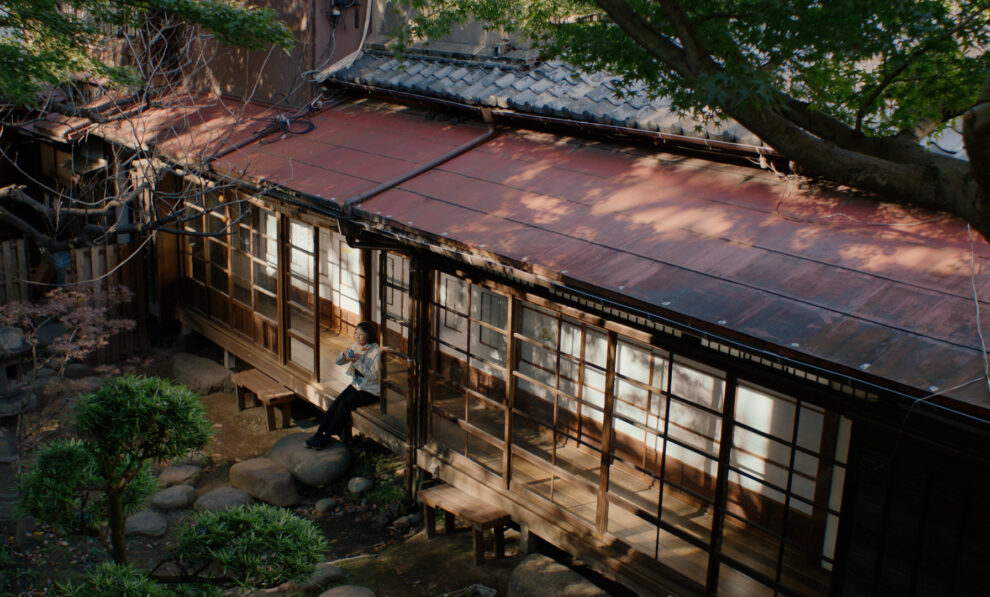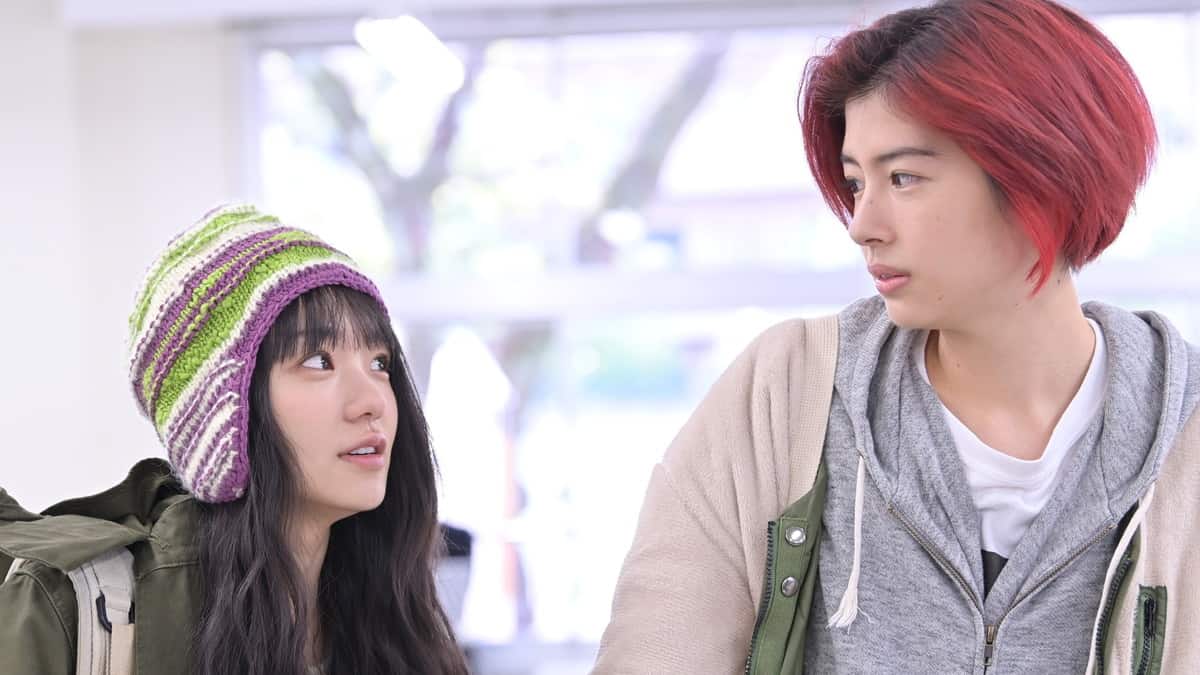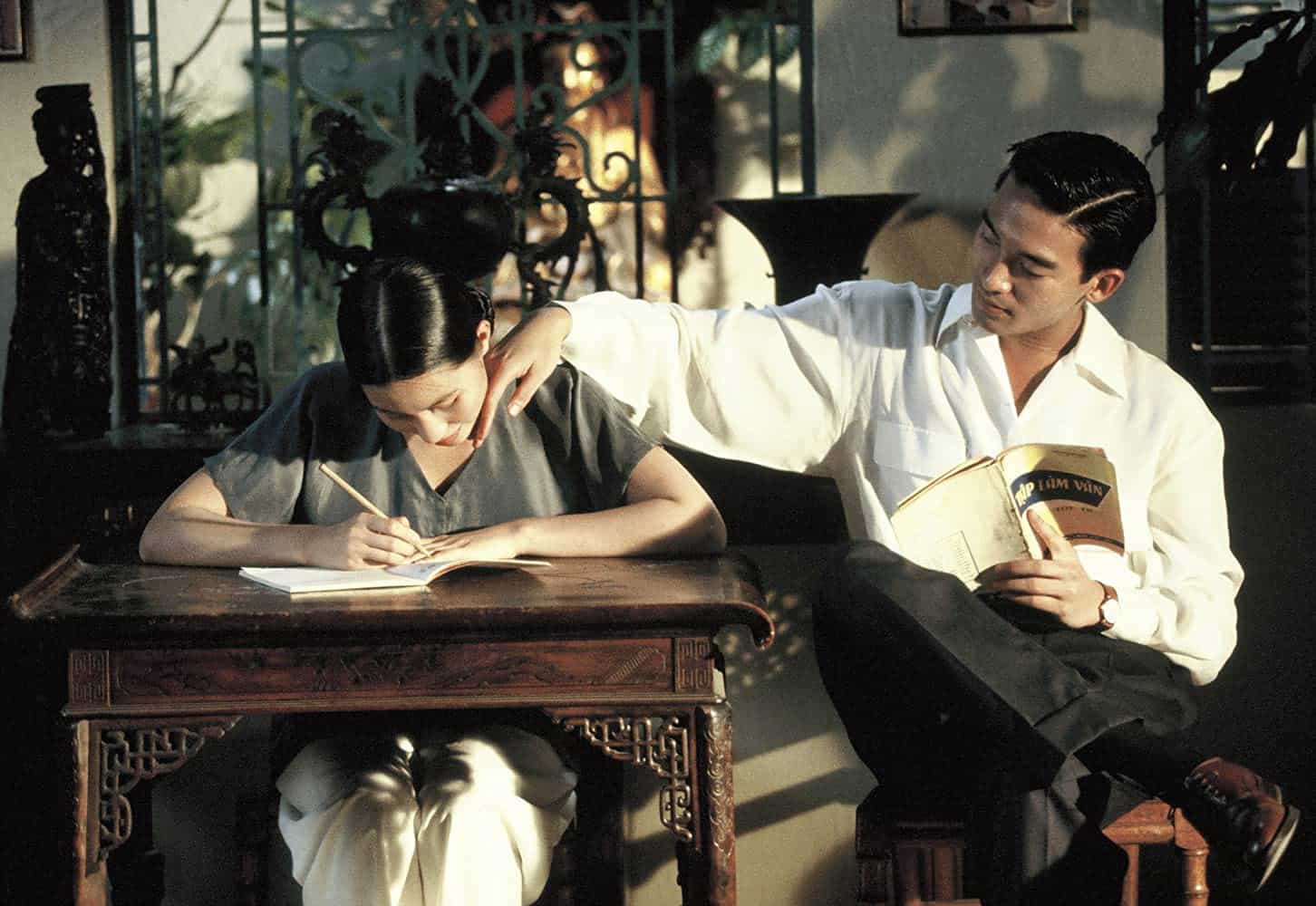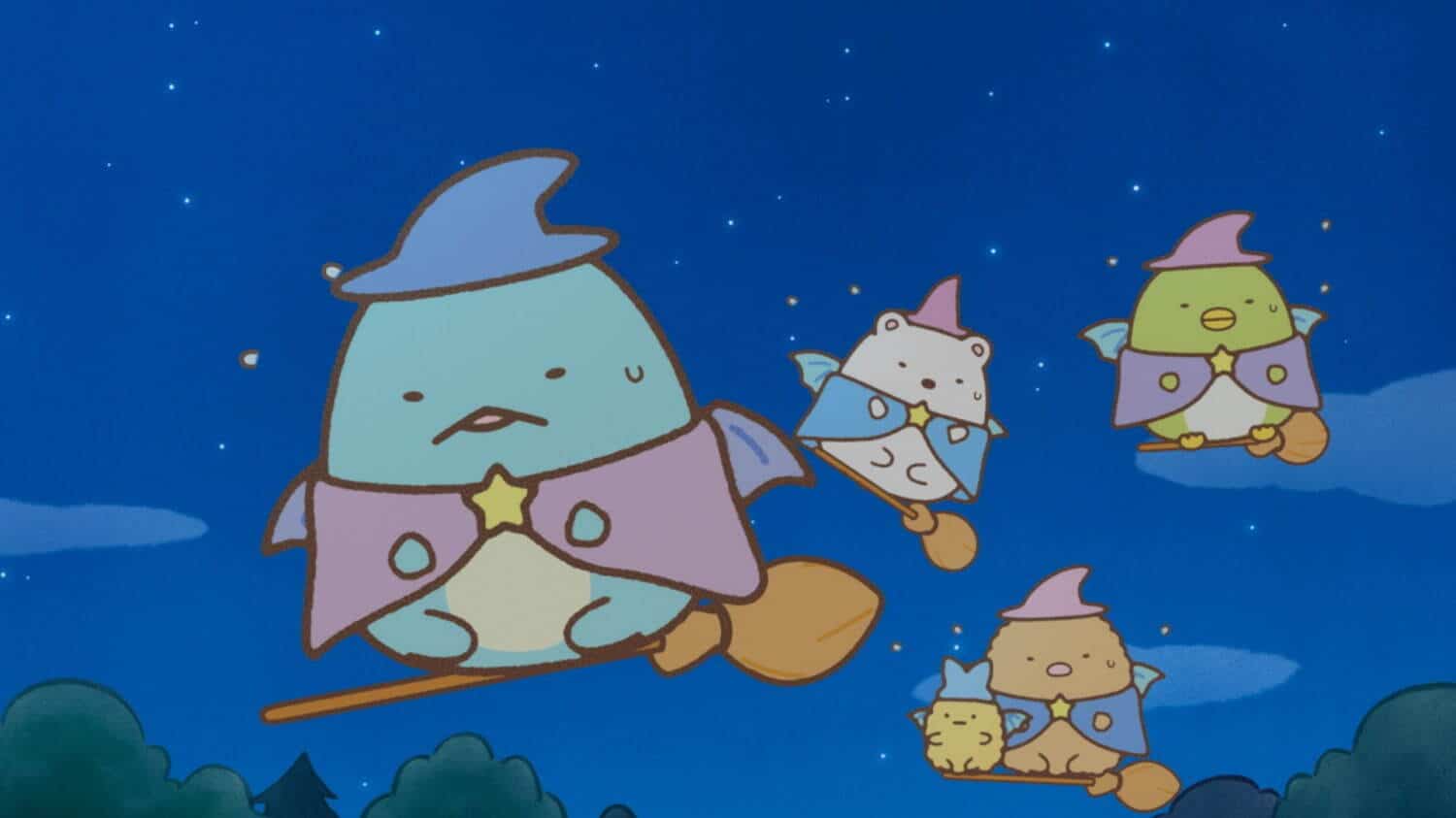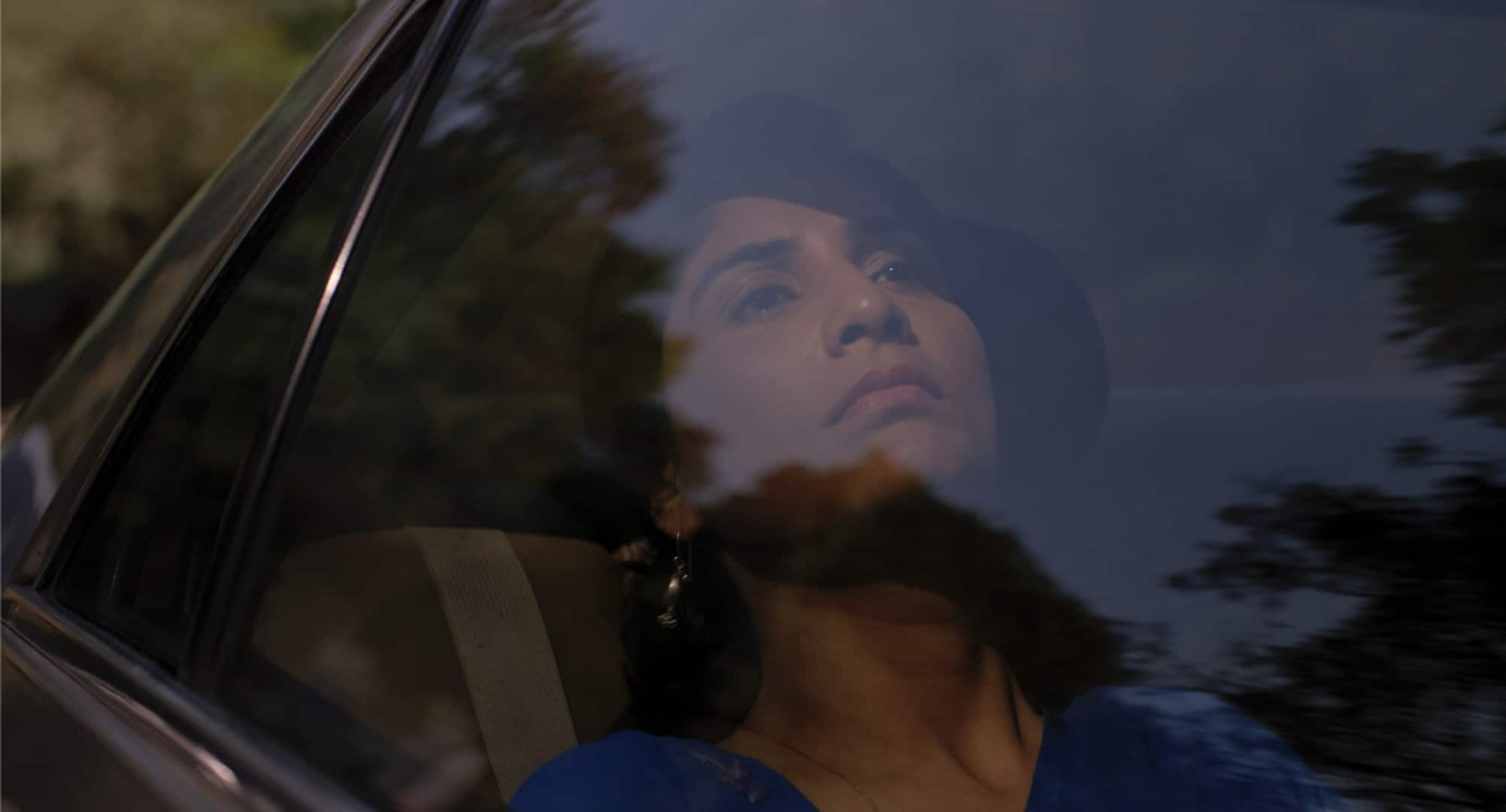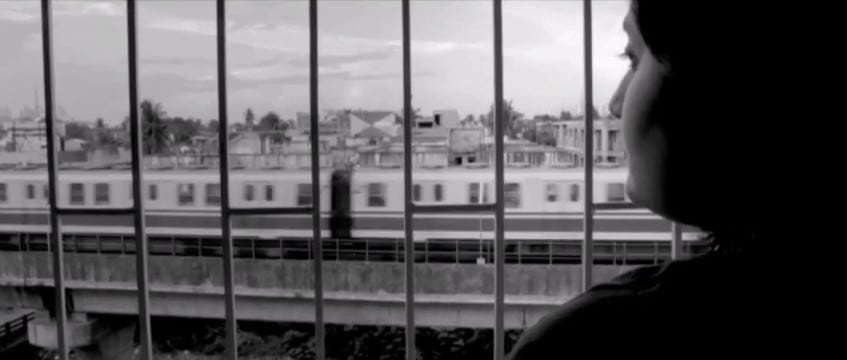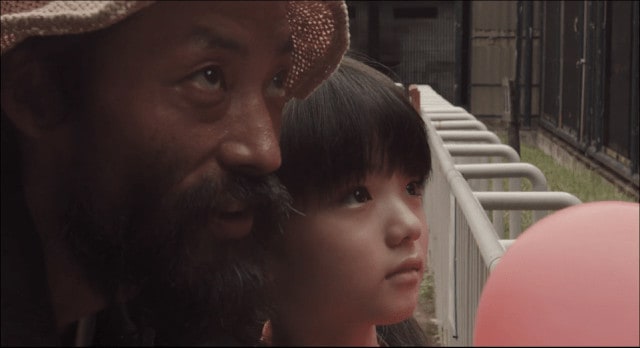Over the course of our lives, we sometimes long for a moment to catch our breath and take a moment to look back at the road we have taken as well as re-assess ourselves, but rarely does life give us such a chance. While the pandemic and the lockdown was a challenging time for all of us, the phase of our lives slowing down provided many with such an opportunity, which may be seen as something good out of a period when nothing was positive. In his first feature, director Ryoma Kosasa takes a look back a few years ago when the effects of COVID and lockdown were still in full effect, focusing on the staff and guests of Coco Guesthouse set in Tokyo. As you might have guessed, “Push Pause” follows an episodic structure with each segment following the life of one guest or staff member, how he/she copes with life during the pandemic and also how they use this time to contemplate on what may come when things go back to normal.
Push Pause is screening at Nippon Connection

The Coco Guesthouse, like the other establishments in the vicinity, has seen better times. Due the pandemic, the staff, consisting of Hirokumi (Takashi Yuki), Izumi and Utake (Nairu Yamamoto), has very few guests to accommodate, making the news of a large group arriving in just a few days a very happy event. In the meantime, however, there is Tamotsu (Ku Ijima), who wants to help a friend move and who has been a volunteer during the last Paralympics. When his boss tells him he is about to close shop for good, Tamotsu is faced with the challenge of what will come next for him. Similarly, Xiaolu (Chiharo Ogoshi), whose love for anime and manga as well as the prospect of a well-paid job has made her move to Tokyo, also needs to face the challenge of a new life.
Lastly, we follow Utake and how she came to the guest house. After the death of her mother, her relationship to her father becomes somewhat tense, defined by grief and guilt. As a traveler arrives in her home town, Uta offers him her family home as a temporary place to stay, sparking frustration with the village elders about her lack of morals. Upon contemplating recent events, Uta is about to make a tough decision that will change her life and thus the relationship with her father.
In “Push Pause”, Ryoma Kosasa tackles the topic of the pandemic and the following lockdown from a personal as well as a general angle. Each of the three stories, as well as the narrative framework of the everyday routine at the guesthouse, provide something of an emotional and topical palette, presenting the anxieties and thoughts of people in a time which has been uncertain for all of us. From a reassessment of one's career and life to contemplation on personal relationships, “Push Pause” is not so much a reminder of the lockdown, but is more concerned with the ability of people to use this “pause” in their lives to change or rethink their ways. With the backdrop of the largely empty Tokyo streets and closed down shops, Kosasa utilizes a constant visual reminder of the fears and hopes for the characters, making the story in general very relatable and the people we meet very likeable.
Because “Push Pause” is at its core a very human story about relationships and life's challenges, it certainly helps that the ensemble as a whole has a very believable chemistry. Nairu Yamamoto and Chiharo Ogoshi's characters have particularly interesting arcs, with the latter even touching upon the topic of foreigners in Japan, their difficult stance in public and professional life. Although the feature does not go into detail, the actress's performance gives you an insight into the fears connected with that topic, along with the conflicted relationship with her parents, who are not at all happy with their daughter moving to Japan. For her, and the rest of the characters, the guest house becomes a safe haven, amounting to something close to a social utopia in the conclusion of the feature, highlighting how society may come out stronger after such challenging times.
“Push Pause” is an episodic drama about the various fears as well as the hopes connected with the time of the lockdown. Ryoma Kosasa manages to direct a solid drama with relatable and ultimately sympathetic characters whose problems and anxieties will certainly serve as a reminder how the pandemic forced us to slow down in our lives and possibly reassess ourselves.


